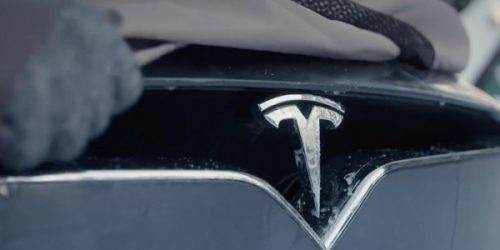Tesla is in talks with Canada’s Giga Metals to potentially help it develop a nickel mine and buy the low-emissions nickel production for its batteries, Reuters reported on Friday, quoting three sources with knowledge of the discussions.
Tesla’s CEO Elon Musk has recently asked miners to mine more nickel, preferably in an environmentally-friendly way, as Tesla and other automakers are ramping up production of electric vehicles and unveiling new models.
“I’d just like to reemphasize, any mining companies out there, please mine more nickel, OK?” Musk said on Tesla’s Q2 earnings call at the end of July.
“Go for efficiency, as environmentally friendly, nickel mining at high volume. Tesla will give you a giant contract for a long period of time if you mine nickel efficiently and in an environmentally sensitive way. So hopefully, this message goes out to all mining companies,” Musk said two months ago.
The nickel-based cells have higher energy density, so they have a longer range, Tesla’s chief executive noted on the call.
In an exchange on Twitter several days later, Musk said that “Nickel is the biggest challenge for high-volume, long-range batteries! Australia & Canada are doing pretty well. US nickel production is objectively very lame. Indonesia is great!”
Analysts said at the time that obtaining nickel with a low-carbon footprint could prove difficult for Tesla, as miners in Indonesia are reportedly pumping the waste in open seas.
The mine with Canada’s Giga Metals, however, could be more eco-friendly, because the company is working on a process to have the waste rock absorb CO2 and turn it into cement type rock, Reuters’ sources said.
“Giga is actively engaged, and has been for some time, with automakers regarding our ability to produce carbon neutral nickel,” the company’s president Martin Vydra told Reuters but declined to comment on any talks with Tesla.
Giga Metals has estimated that its project for low-carbon nickel could cost less than US$1 billion, excluding the cost of bringing hydroelectric power to the site, Vydra told Reuters.






